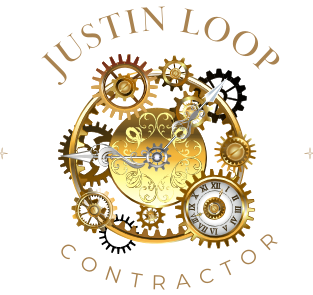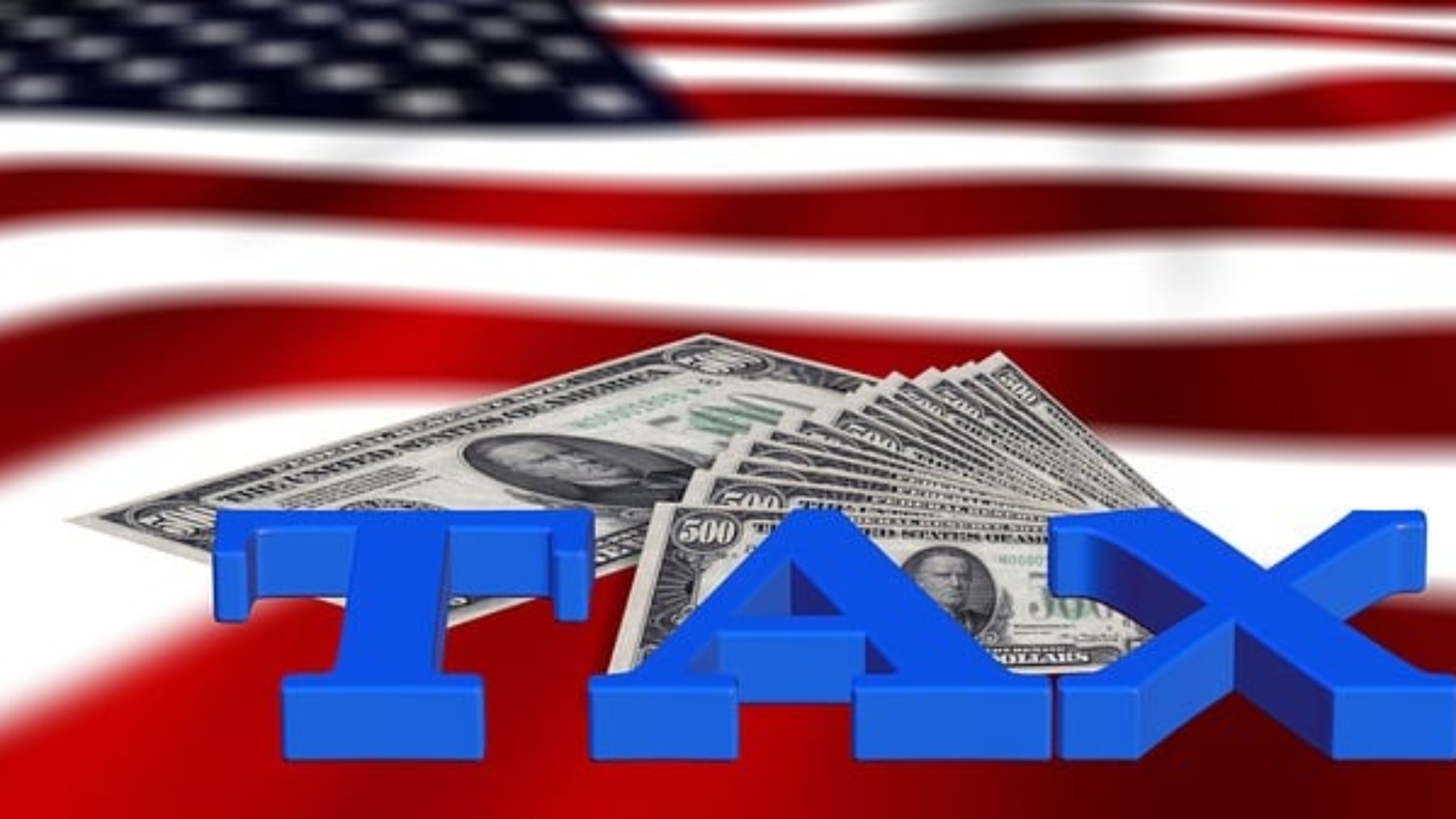The following is a reader submission.
Do Taxes Have Consequences? Do the Rich Really Pay their "Fair Share"?
Jeff Brown, San Antonio TX
December 2023
The government have always given rhetoric to how the
rich should pay their “fair share.” What has been the consequence of taxing the
rich? What do the rich do with the money they earn?
They do all the things we do with our money, but because they have a “surplus” of money, they also have other alternatives. Some of the alternatives are: pay more taxes, invest in companies that grow the economy, save it (grow their bank accounts), buy things that we all cannot buy (luxury items), or employ strategies to protect their wealth (like investing in tax-free municipal bonds). They can also afford to earn less money. Of all the alternatives, paying taxes is the most onerous followed by keeping cash on hand. Cash on hand is eaten away by inflation and taxes prove to be no benefit to the rich.
Beginning in 1913, when taxes were first imposed via the 16th Amendment, the top tax rate has determined the fate of the economy. When the top rate was high, the response of those with money and capital have been to curtail investments in favor of protecting assets and income streams. Declines in the economy were the result. The most notable occurrence was the Great Depression of the 1930s when the top tax rate reached 90 percent. When the top tax rate goes up, all the other tax rates go up too, which means we all pay more taxes. When the top tax rate was cut and held at reduced levels, amazing reversals in the economy occurred. The rich brought their money out of hiding and put it to work, which benefit everybody. There is an inverse relationship between the economy and tax rates.
Arthur Laffer (PhD Economics) has proposed that there is an optimum tax rate for the rich where government tax revenue is maximized and the economy flourishes. That top tax rate is about 30-35 percent. Above that critical tax rate, the rich go into asset protection and away from investing their money and energy in the economy. Apparently, government has not learned this lesson.
There is a story about a wealthy person who went to his doctor and complained about a pain in his side. After examination the doctor determined that the person had appendicitis and recommended immediate surgery. The person asked the doctor how much the surgery would cost. The doctor replied the cost would be $50,000. The patient was flabbergasted and wanted to know why it cost so much. The doctor explained that his income tax would take away about $45,000 and that $5000 seemed like a reasonable fee. The impact of tax rates has a pronounced effect on how much services cost.
States and municipalities are not immune from the paradox of high taxes and poor economies. The states with the highest tax rates are the states that perform worst in business retention. California, Illinois, and New York are states with an exodus of population and business.
The government gives a lot of verbiage to how they are going to tax the rich to pay for their follies. The rich, however, have a myriad of ways and resources to protect their assets. The government recipe to “tax the rich” sounds good. The impact is that all tax rates go up when the top tax rate goes up. The government has to either accept a poor economy as a result or it has to print money, suffer the resulting inflation, which hurts everybody but the government, or borrow money and pay interest. The interest on government borrowed money is now more than the defense budget ($900M/yr).
What is the answer? The government have to spend a lot less money. This means a balanced budget, stop buying votes, a reduction in expenditures, and to slowly pay down the debt. Congress will have to give up earmarks for Senators and Representatives. Social Security and Medicare may come under close scrutiny. Ventures into foreign wars must be curtailed. The size of government must wither away. The whole budget must be analyzed and changes made to bring us out of the current economic mess.
A Convention of States may be the only way out. Why call a Convention of States? According to their platform objectives: “To bring power back to the states and the people, where it belongs. Unelected bureaucrats in Washington, D.C. shouldn’t be allowed to make sweeping decisions that impact millions of Americans. But right now, they do. So, it all boils down to one question: Who do you think should decide what’s best for you and your family? You, or the feds? We’d vote for the American people every single time.” Government will not fix itself.
It is up to us, the American people, to demand fiscal responsibility from our government. Vote the rascals out, if necessary. The House of Representatives has the power to fund or defund Presidential executive orders. We need to demand elimination of waste and folly. Write your Representatives and let your voice be heard.
Taxes have consequences. High tax rates hurt the economy, reduce government tax income, contribute to unemployment, and impact everybody. The only solution is to reduce government spending. For additional information, the reader is referred to: “Taxes Have Consequences” by Arthur Laffer and Brian Sinquefield.

